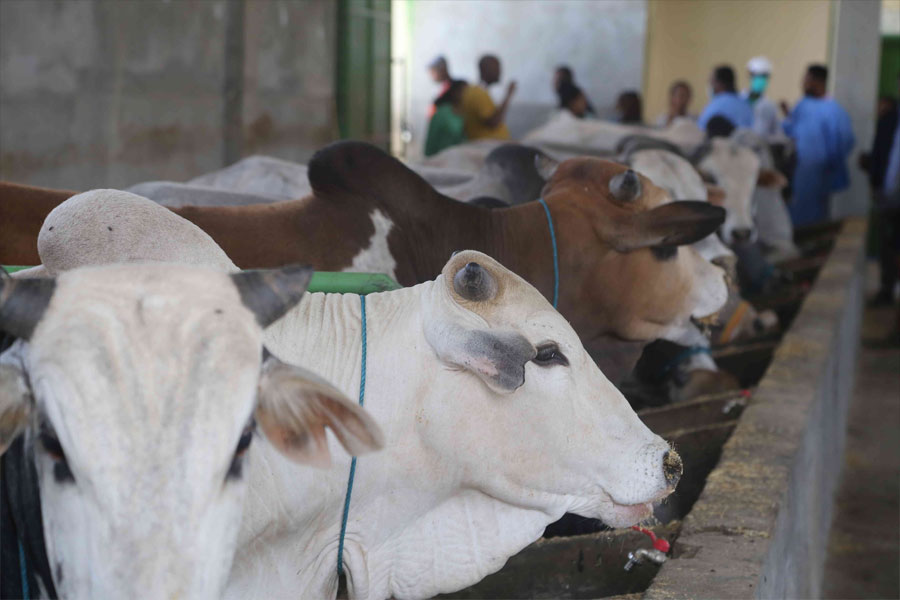
Fortune News | Sep 30,2023
Dec 5 , 2020
By MAYA MISIKIR ( FORTUNE STAFF WRITER )
A local automotive and industrial paint factory built for 40 million Br in Dukem, Oromia Special Zone, will commence operations in half a year. Asmam Coatings & Chemicals Plc, which is mainly financed by the Development Bank of Ethiopia, the state policy bank, is currently finalising the construction of its waste treatment plant and shed.
DBE has financed 27.5 million Br of the project after it inked a loan agreement with the owner in April 2019. Commenced four years ago, the building rests on approximately 5,000Sqm of land. Civil work for the construction of the factory took up 12 million Br, while costs for the machinery, including laboratory and paint mixer equipment, totaled 10 million Br. It is currently waiting to receive machinery imported from Turkey.
The type of paint the company will produce include the full range necessary for auto refinishing, and the factory is set to produce up to 30,000lt of paint a day, according to the company's general manager, Munir Abduselam, who founded the company under his name in 2009 with nearly one million Birr in capital. The company was involved in importing automotive and wood paints and working on automotive refinishing work, as well as wood finishing projects.
"The factory will produce paints that have so far been imported to the country," he said. "Instead of importing fully processed materials, we can shift to semi-processed with this change."
Asmam Coatings & Chemicals is joining the three industrial paint and six automotive paint factories operating in the country. However, high volumes of paint are imported every year. Last year 615.5tn of various kinds of paint were imported into the country, the costs of which ran up to almost one million dollars in foreign currency. There are also over 24 plants that make wall, quartz, aluminium, anti-rust, traffic and blackboard paints as well as alkyd varnish.
The benefits of locally sourcing these products can save the country forex, according to Meki Kebede, director of soap, paint and related products at the Chemical & Construction Inputs Industry Development Institute.
"Using the resources of the country will also engage other lines of production locally," he said.
To encourage local production, there have been some incentives established for investors, according to Meki. These include facilitating loans from banks through the support of the Institute. The importation of machinery for manufacturers is also exempt from taxation, in addition to certain raw materials used in production, according to him.
Though local production is commendable, factories should aim to fully source raw materials for paint production locally as well, according to Abubeker Yimam, (PhD), dean at the School of Chemical & Bio-Engineering, Addis Abeba University.
"This will involve the development of the mining sector, as the raw materials for production require minerals," he said. "[Manufacturers] should investigate more on what can be locally sourced."
The quality of the paint produced should be a focus, as it is a recurring issue in the industry, he added.
The waste treatment plants, especially if located in a city setting, should also be high quality, according to Abubeker.
"There's a problem with waste treatment facilities, especially those located in Dukem currently," he said. "The government needs to be serious in monitoring adherence to the legal guidelines in place."
PUBLISHED ON
Dec 05,2020 [ VOL
21 , NO
1075]

Fortune News | Sep 30,2023
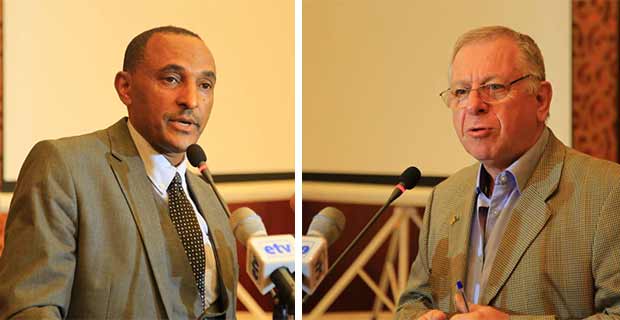
Fortune News | Sep 08,2019

Radar | Aug 18,2024
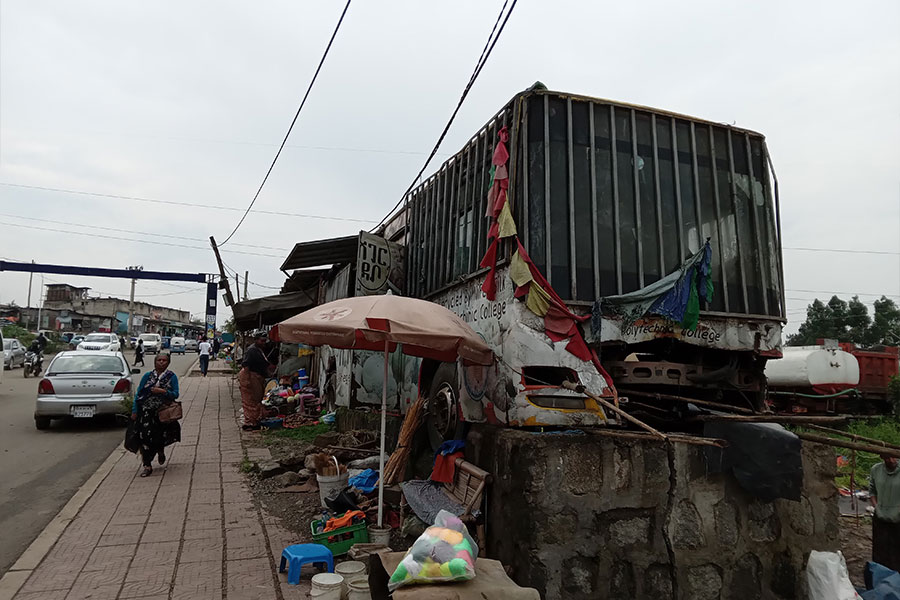
Radar | Jul 24,2023

Viewpoints | Apr 28,2024

Radar | Feb 27,2021

Radar | Jan 21,2023

Fortune News | Jun 29,2024
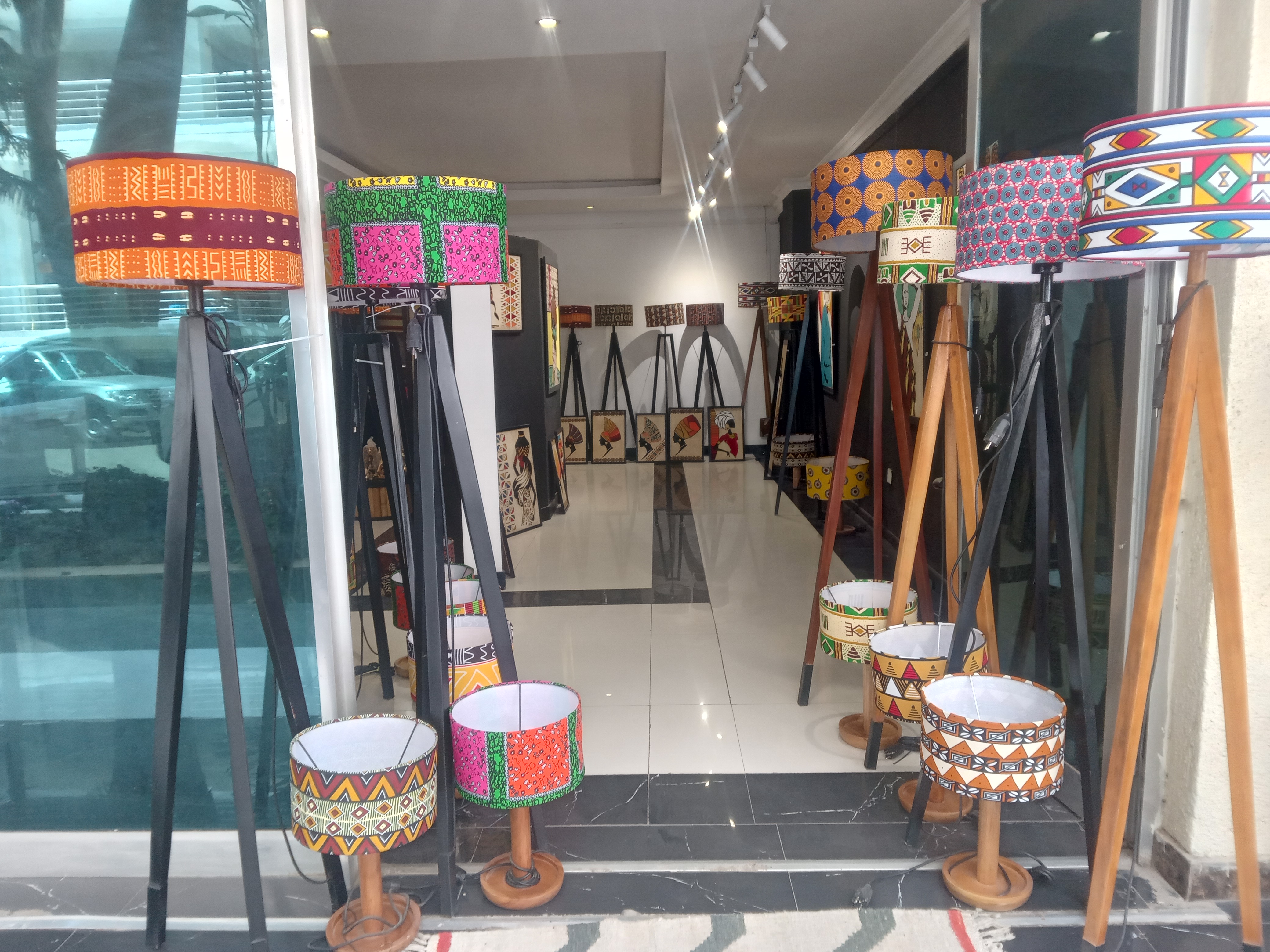
In-Picture | Apr 19,2025
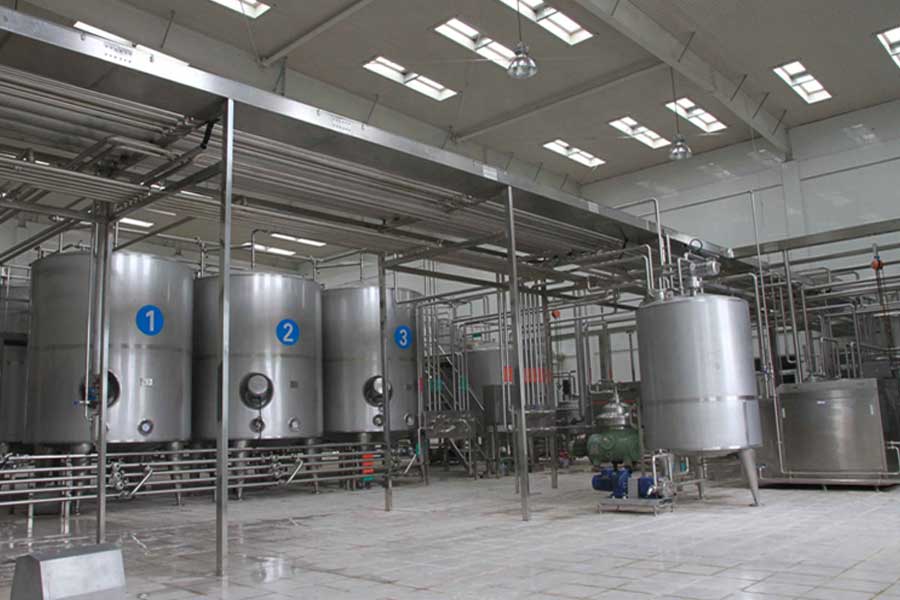
Fortune News | Apr 30,2021

Dec 22 , 2024 . By TIZITA SHEWAFERAW
Charged with transforming colossal state-owned enterprises into modern and competitiv...

Aug 18 , 2024 . By AKSAH ITALO
Although predictable Yonas Zerihun's job in the ride-hailing service is not immune to...

Jul 28 , 2024 . By TIZITA SHEWAFERAW
Unhabitual, perhaps too many, Samuel Gebreyohannes, 38, used to occasionally enjoy a couple of beers at breakfast. However, he recently swit...

Jul 13 , 2024 . By AKSAH ITALO
Investors who rely on tractors, trucks, and field vehicles for commuting, transporting commodities, and f...

Jul 12 , 2025
Political leaders and their policy advisors often promise great leaps forward, yet th...

Jul 5 , 2025
Six years ago, Ethiopia was the darling of international liberal commentators. A year...

Jun 28 , 2025
Meseret Damtie, the assertive auditor general, has never been shy about naming names...

Jun 21 , 2025
A well-worn adage says, “Budget is not destiny, but it is direction.” Examining t...